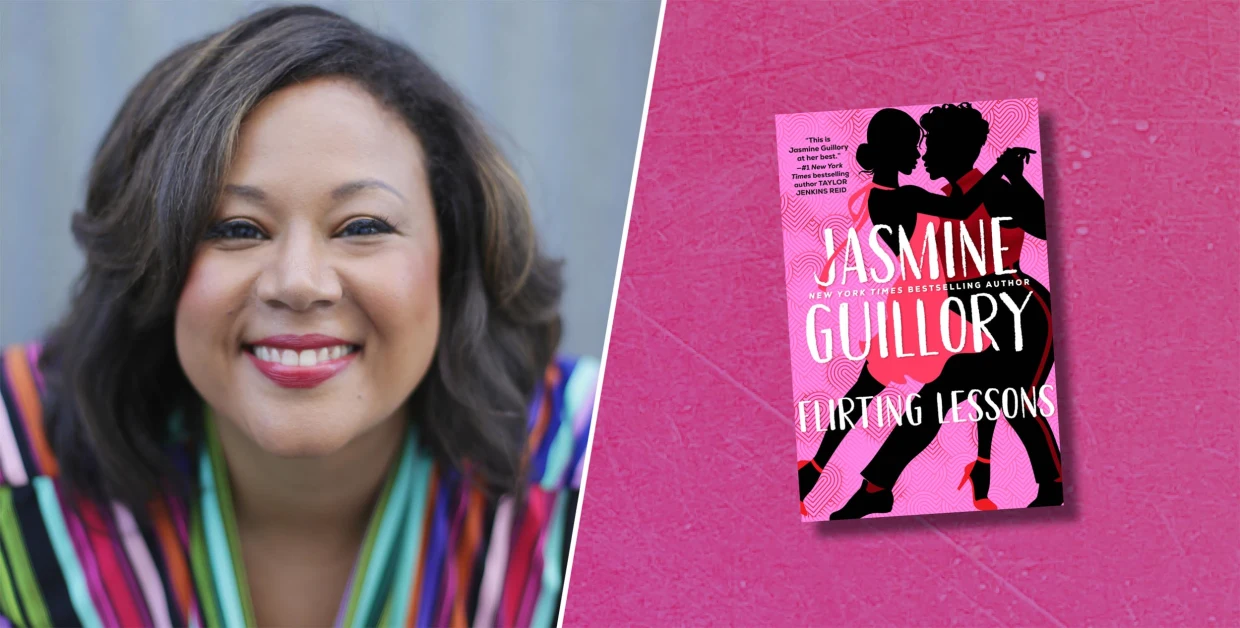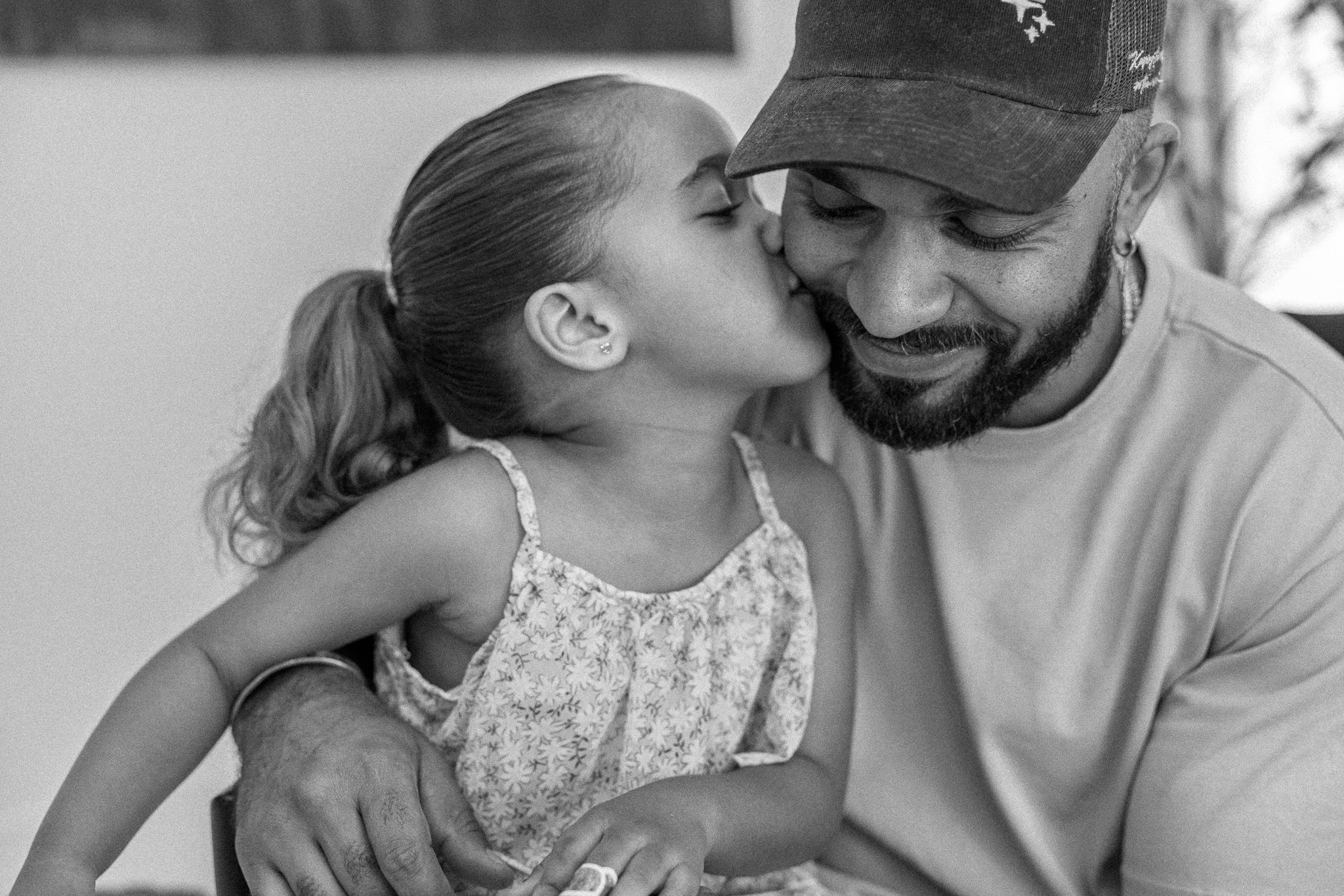
Photo courtesy of Canva.com
Photo courtesy of Canva.com

Photo courtesy of Canva.com
As we enter Black Maternal Health Week, we recognize that Black women are heavily, negatively impacted by the healthcare system. Black women are 3-4 times more likely to die in pregnancy, birth, and postpartum than other ethnicities. Also, Black patients are 40% times less likely to receive pain medication for acute pain. Historically, Black women have had to bear the brunt of implicit bias through not receiving both adequate resources and care. However, as we elect more officials who center our needs and continue to graduate Black doctors and medical professionals, we are shifting into a culture that demands Black women be seen, heard, and our pain be taken seriously as it is felt.
Here are 5 resources for Black women seeking Black healthcare providers:
BMMA centers the needs of Black mothers and advocates for Black maternal health rights.They have 4 main goals listed via their website.
- Change Policy: Introduce and advance policy grounded in the human rights framework that addresses Black maternal health inequity and improves Black maternal health outcomes
- Cultivate Research: Leverage the talent and knowledge that exists in Black communities and cultivate innovative research methods to inform the policy agenda to improve Black maternal health
- Advance Care for Black Mamas: Explore, introduce, and enhance holistic and comprehensive approaches to Black mamas’ care
- Shift Culture: Redirect and reframe the conversation on Black maternal health and amplify the voices of Black mamas
This digital platform connects Black women and women of color to culturally competent healthcare providers, health content, and community. Through technology, media, and community they are actively improving health outcomes for Black women and women of color. Health in Her Hue’s purpose is to ensure that Black women are informed and also feel and are empowered when making decisions pertaining to their health and livelihood.

Courtesy of Nappy.co
This podcast docuseries is about having a baby while Black in the United States. They “pass the mic to Black parents to tell their stories about bringing new life into the world, in their own words. The docuseries also highlights the birthworkers, medical professionals, researchers, and advocates fighting daily for better care for Black birthing parents.”
Their work focuses on:
- Empowering Black pregnant and birthing parents with information and resources
- Holding medical systems accountable for the well-being of Black pregnant and birthing parents
- Creating space for Black parents to share the lessons learned within a supportive community
- Providing audiences with tools and language to amplify the national conversation about the current state — and future, of Black perinatal care.
Related Articles:
Impacting the Black Maternal Health Crisis by Being Informed
Black Birth Center Need Our Help
The Black Maternal Health Issue You Haven’t Heard Of: HELLP Syndrome
IRTH App
“Irth” is for birth, without the ‘b’ to exemplify removing bias in the birthing process. The user-friendly app is a Yelp-like tool that serves the purpose of:
- Finding and leaving reviews
- Letting Black women research safer options for birthing, care and hospital selection
- Professionals such as doulas, nurses as well as partners can also leave reviews about their experiences with a particular doctor or hospital
This helps for women and families to see the potential for any racial biases, issues with insurance, type of care, and more life-saving information.

Courtesy photo
“Birth Stories in Color (BSiC) is a podcast for Black, Indigenous, Asian, Latino and Multiracial individuals to share their birthing experiences – a space that specifically celebrates, mourns with and supports them and their transformation through birth.”
Their purpose is to continuously highlight and share stories as an invaluable resource to help equip those currently on their birthing journeys and those who have yet to be.
Related Articles
Discover why Jasmine Guillory’s latest novel Flirting Lessons is a must-read—and how the author continues to redefine modern romance with layered Black heroines, real emotional depth, and Black literature that feel both magical and true.
Bozoma Saint John talks Black motherhood, grief, self-love, and finding joy again. Don’t miss her powerful conversation on building legacy and living boldly.
Tyler Lepley shows the beauty of Black fatherhood, blended family life with Miracle Watts, & raising his three children in this Father Noir spotlight.
Featured Articles
When Elitia and Cullen Mattox found each other, they decided that they wanted their new relationship together, their union, to be healthier and different.
Celebrate their marriage and partnership with the release of the documentary “Time II: Unfinished Business”
Our intent is to share love so that people can see, like love really conquers everything. Topics like marriage and finance, Black relationships and parenting.
HEY CHI-TOWN, who’s hungry?! In honor of #BlackBusinessMonth, we teamed up with @eatokratheapp, a Black-owned app designed to connect you with some of the best #BlackOwnedRestaurants in YOUR city – and this week, we’re highlighting some of Chicago’s best!
Meagan Good and DeVon Franklin’s new relationships are a testament to healing, growth, and the belief that love can find you again when you least expect it.
The vision for our engagement shoot was to celebrate ourselves as a Young Power Couple with an upcoming wedding, celebrating our five year anniversary - glammed up and taking over New York.











